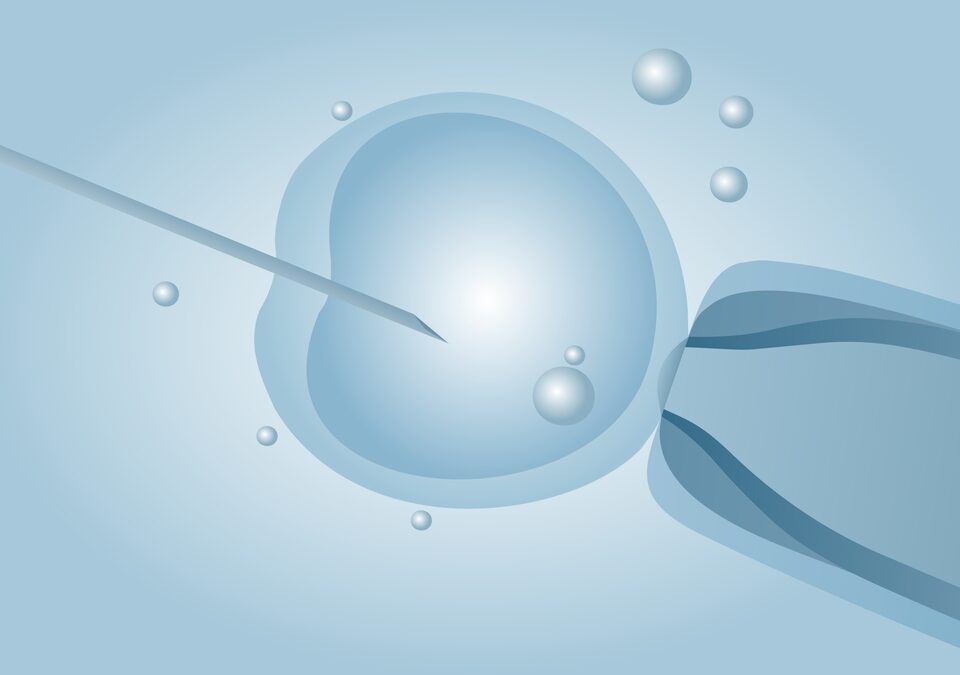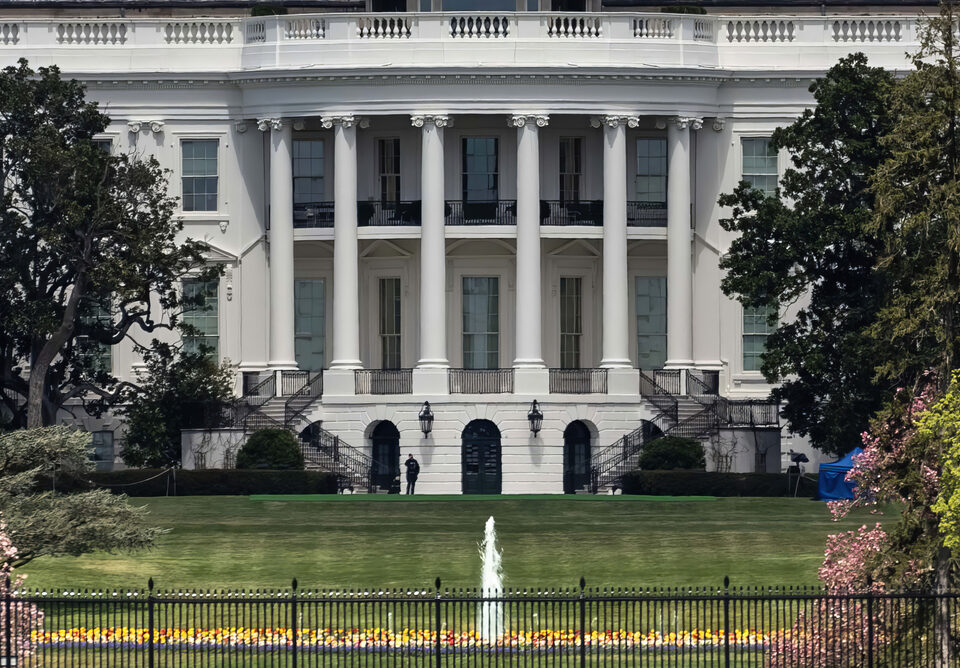Italy Takes One Step Forward Toward Equality
February 1, 2016Addressing Military Female Fertility
February 19, 2016We all agree that supporting and caring for our veterans is the right thing to do. Why is it, then, that historically there has been a long list of shortcomings in meeting this goal? One of these inadequacies has been a failure to provide veterans with in vitro fertilization (IVF) procedures when they have sustained injuries that prevent them from building their biological family the conventional way.
This is an issue worth fighting for, and I recently went to Washington, DC as an advocate. Male veterans who have lost their ability to have children because they fought for our country need our support by providing what is due to them: covered IVF treatments.
Thankfully, this topic is beginning to gain some traction. Reporter Ethan Forman from the Salem News wrote, “They may not agree on everything, but Salem Congressman Seth Moulton and anti-tax crusader Barbara Anderson see eye-to-eye when it comes to having the Department of Veterans Affairs pay for expensive in vitro fertilization (IVF) for veterans wounded in combat in Iraq and Afghanistan to help them start new families.”
Anderson wrote a column in January addressing how a stagnant bill in Congress should be pushed forward so wounded veterans can receive IVF treatments.
So what’s holding up the bill? Cost, for one, and also pro-life groups who disapprove of the bill.
In her piece, Anderson asked if Congressman Seth Moulton was listening.
He was. Moulton is now a co-sponsor of the bill.
The impetus for Anderson’s column was a PBS NewsHour segment highlighting a Marine veteran whose tour in Afghanistan rendered him a triple amputee.
He and his spouse were undergoing multiple IVF treatments, costing up to $12,000 per cycle, in hopes that they could have a biological child. The financial strain was immense for this couple.
“In order to create a normal life after serving their country, they (veterans) and their wives are using in vitro fertilization, which is very expensive, especially when the process has to be repeated several times before it takes,” Anderson wrote in her column.
While we wait for this bill to gain support, news relating to fertility preservation for troops emerged, giving advocates of veterans’ rights hope.
According to Patricia Kime of the Military Times, Defense Secretary Ash Carter announced from the Pentagon that the Department of Defense will begin offering fertility preservation to active duty military personnel through egg and sperm freezing.
Although this is a “pilot preservation program,” Carter indicated that the DoD intends to consider increasing fertility services available to troops.
“We can help our men and women preserve their ability to start a family, even if they suffer certain combat injuries,” Carter said. “That’s why we will cover the cost of freezing sperm or eggs through a pilot program for active-duty service members.”
Carter went on to say that while this program affords service members “peace of mind,” it also allows men and women serving in the military to take control of when they build their families. Carter also conveyed that he hopes this pilot program will help retain personnel.
It is great news that the military is viewing the topic of fertility through a more proactive lens. However, let’s not forget the rights of our veteran service members, who deserve the same access to fertility treatment. They defended our freedom – it’s our responsibility to provide for them and be their voice.



